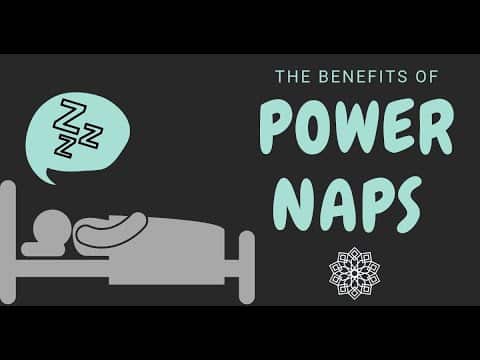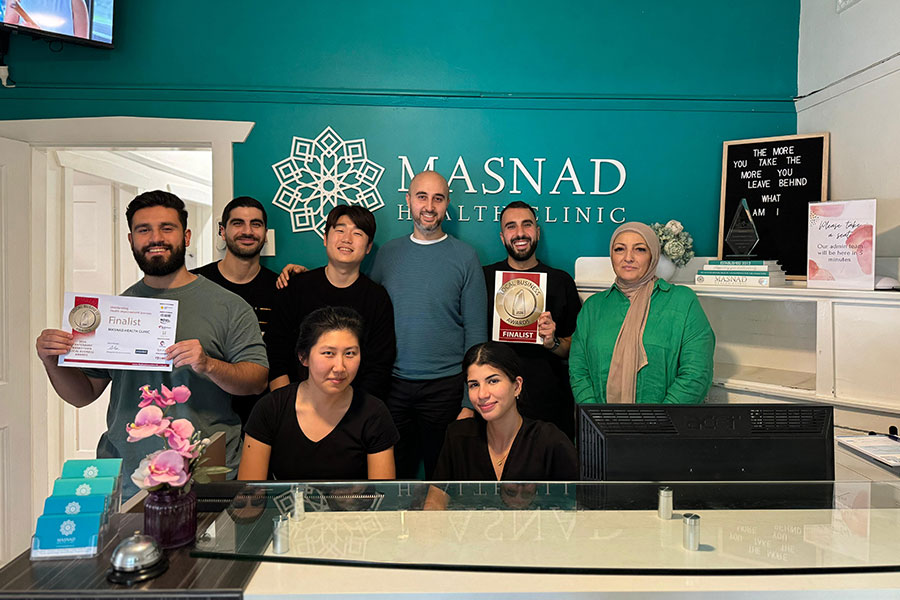Low on Energy While Fasting? Try the Qailulah or Mid Day Power Naps!
Have you ever reached the early afternoon while you’re fasting? Your tiredness has really kicked in and your productivity starts to dwindle. If so, you’ve landed on the right page to help you understand how to hack into a secret weapon for a boost of energy, called the Qailulah otherwise known as a Siesta or a Midday Power Nap!
Importance Of Sleep
Modern sleep scientists believe that sleep deprivation has deleterious effects on mental concentration, memory, mood, and quality of life. In addition, recent data indicate that sleep deprivation impairs endocrine and metabolic functions.
Recent studies conducted in University Burkley, Harvard and the University of Athens state that a midday nap boosts brain power, benefits mental health and decreases the risk of heart disease and helps in increasing intelligence.
What Is a Qailulah (Midday Power Nap)?
A Qailulah, otherwise known as a Siesta or Midday Power Nap is a 20-30 minute nap you between midday and the afternoon or between the Duhr (midday) and Asr (afternoon) prayer. Simply, find a quiet place in your office or your car or at the mosque to simply close your eyes for 20-30 minutes.
Benefits of a Qailulah or Midday Power Nap?
Recent studies are finding that a midday nap boosts brain power, improves mental health and decreases the risk of heart disease.
Previous research has shown that short daytime naps improve vigilance and cognitive functions, and are beneficial for memory consolidation. In particular, a nap as short as 10 min can improve alertness and performance for 2.5-4 hours. [1]
A recent study assessed the health effects of napping in 23,681 healthy Greek adults for an average of about six years. After controlling for potential confounders, the researchers concluded that those who napped at least three times weekly for about half an hour had a 37% lower coronary mortality than those who did not nap. [2]
Sleep from an Islamic Perspective
Generally, a third of our life is spent sleeping. Just recently, Neuroscientists have started to delve into it, but it has always been an important topic in the Islamic literature.
Islam has a great interest in sleep, and sleep is considered as one of the signs of the greatness of Allāh. Sleep is mentioned frequently in the Quran. For example, a well-known verse says, “And among his signs is your sleep by night and by day and your seeking of His bounty, verily in that are Signs for those who hearken” [verse 30.23].
There are narrations that describe the Qailulah was practiced by Prophet Muhammad (pbuh). Narrated by Anas: “We used to offer the Friday prayer early and then have the afternoon nap.” [3]
DID YOU KNOW?
Recently Nap lounges have been set up in the corporate hub of China and Hong Kong for a midday sleep for their employees to boost productivity!
- Tiny But Mighty Tips Pencil in your siestas try to stay on a regular nap schedule. Not only will you start to fall asleep faster, you’ll also get regular benefits from your midday naps. Plus, you’ll be more likely to make time for a snooze if you build it into your schedule. Sweet dreams!
- Simply close your eyes Even if you can’t sleep just close your eyes and relax!
- Do not make this mistake Make sure to nap for ONLY 20-30 minutes. There are 5 stages in our sleep cycle, the first 20-30 minutes is when we are in our light stages of sleep, so waking up at this stage will be easy and you will feel ENERGISED! But if you keep sleeping beyond this point you will enter into the deeper stages of sleep and it will be difficult to wake up!
- Sleep Cycles This is a whole other topic for another blog. Watch this video to tap into another awesome body hack!
Now that you know the benefits of the Qailulah, set your intention of doing it because Prophet Muhammad (SAW), the noblest of men did it and to re-energise your body so you are more productive in this blessed month of Ramadan. Not to just simply take a break! So go ahead, and reap the benefits of the Qailulah!
References
Ficca G, Axelsson J, Mollicone DJ, Muto V, Vitiello MV. Naps, cognition and performance. Sleep Med Rev. 2010;14:249–58. https://www.ncbi.nlm.nih.gov/pubmed/19962331
Naska A, Oikonomou E, Trichopoulou A, Psaltopoulou T, Trichopoulos D. Siesta in healthy adults and coronary mortality in the general population. Arch Intern Med. 2007;167:296–301.
https://www.ncbi.nlm.nih.gov/pubmed/17296887
3. Sahih Al-Bukhari. The Book of Friday Prayer, volume 11, hadith 940.





